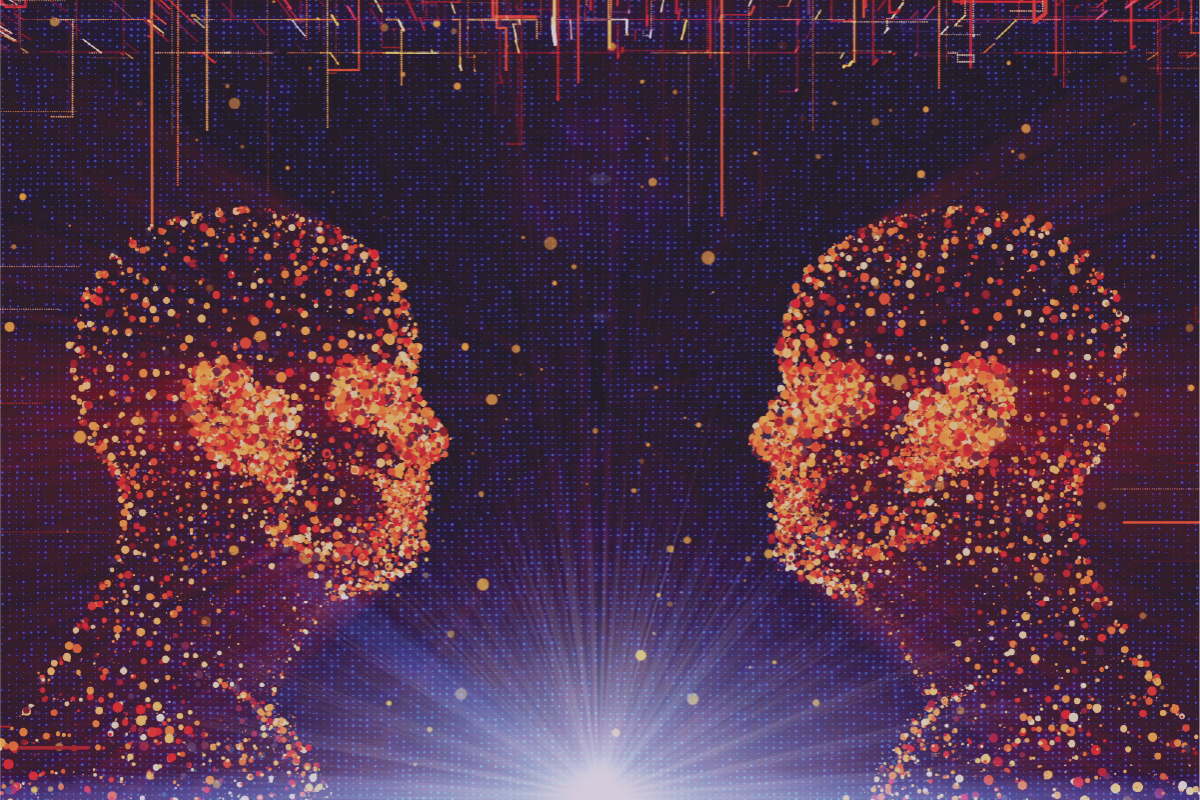
The Science of Political Division and How SEL Skills Respond to It
SEL equips students with the skills needed to navigate conflict and interrupt cycles of political division. Here’s how we’re using play to nurture those skills.
It's no secret that division and political sectarianism are on the rise. How and when do they spill over into the classroom? As teachers teach civics, their role is to highlight the work of participating in democracy. Though they are not advocating for one party over another, the end goal is to help students understand how each person can responsibly engage in democracy.
This video from the Washington Post sparked in us a few ideas about how tools such as our role-playing simulation platform, iThrive Sim, might help teachers give students the opportunity to practice bridging this division and come to shared understanding.
First, experts in the video share a few of the building blocks of political division:
- Othering: Seeing people as part of an out group, and having a favoritism for the in group
- Aversion: Having a deep distaste or dislike for the out group
- Moralization: Seeing people from the out group as on the other side of a moral divide and having different values than you
These components of political division can make us feel threatened by what we perceive as the "other side," activating our fear response. An unchecked fear response can result in a range of behaviors, from not talking to or associating with those you perceive to be on the "other side" to out-and-out violence. This cycle is exacerbated by an eroded sense of shared reality (which will sound familiar if you read the RAND report on Truth Decay).
The experts offer a few suggestions for interrupting this cycle of political division:
- De-escalate conflict by talking about values that the other person cares about
- Take a step back and do a gut check to see if the threat you're feeling is real or perceived
- Ensure you still see the humanity in the other person and are not seeing them as a caricature
Interrupting the Cycle of Political Division with SEL and Play
We believe that the connective power of play supports the nurturing of social-emotional skills that help interrupt cycles of political division. Our civics-centered role-playing simulations are built on this belief, helping teachers prepare students to navigate conflict as they engage in democracy today and in the future.
Our SEL-rich role-playing simulation, iThrive Sim: Lives in Balance, invites students to play the role of government officials who are navigating making the best possible decisions for their constituents during a pandemic. Students practice social-emotional skills aligned with interrupting the cycle of division, such as:
- Describing the balance of individual rights and responsibilities in an organized society
- Practicing negotiating and compromising with people who don't share their point of view
- Advocating for their own and others' interests
- Demonstrating self-management while under stress
Additionally, our social and emotional learning-focused curricular surrounds support students in practicing emotional awareness and doing deep reflection. To learn how to bring this free experience to your classroom, visit our website.
We know this isn't the solution to the deep divide that teachers help students learn to navigate, but we see it as a step toward our desired future—a future that upholds democracy, regardless of political affiliation, while creating an equitable environment for all.


